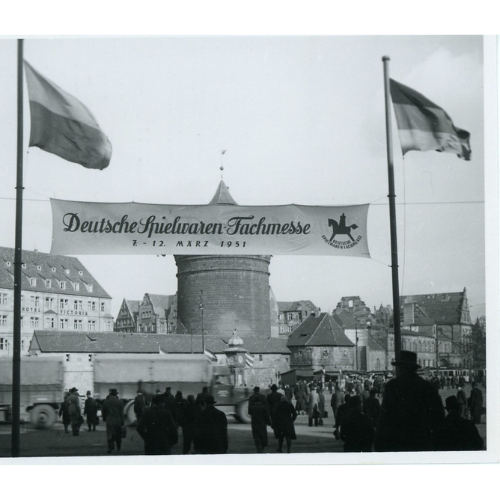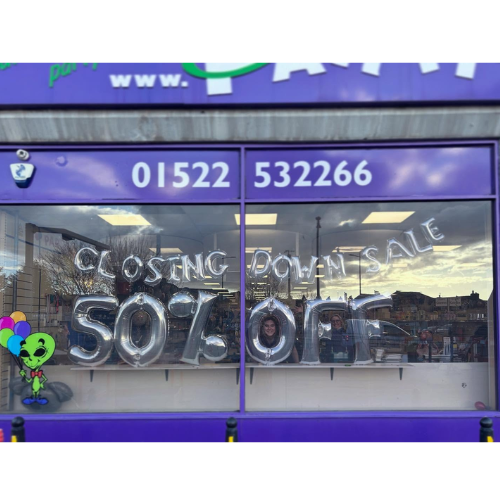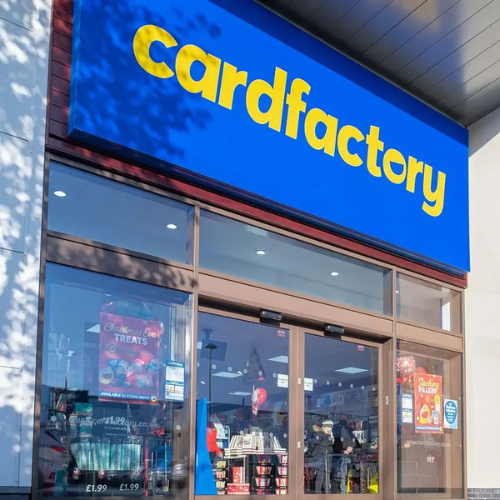So far this year, our industry comment has centred largely around the UK leaving the EU and the complications faced by the industry as a result. Nearly five months on, while businesses are still adapting to this change, international trade has been hit with another crisis, termed as a worldwide shipping crisis.
If you had transported a 40 foot container at around this time last year, your invoice would have been somewhere near the $2,000 mark. Ship the exact same freight today and it will set you back a rather different sum in the late double figures.
This enormous price hike has been borne out of a combination of different factors centred around a disruption to all areas of the supply chain following the COVID pandemic. But ultimately, as general trade now begins to pick up again, with lockdowns in the UK and further afield beginning to ease, and commerce returning to something resembling normality, the shipping crisis is posing yet another huge stumbling block to trade and threatening the security of businesses which depend on this import and export method.
So it seems the party industry, alongside most others, will have to ride out the proverbial storm, while finding ways to offset and absorb the inflated costs in the short term, meanwhile restructuring their businesses to navigate the challenges of Brexit.
PartyWorldwide.net spoke to some of the key players in the party sector to find out how they are managing the issues and working around them:
JULIAN STARNS, MANAGING DIRECTOR, HENBRANDT.
 “Our ability to trade has never been stronger. We do not need credit from any of our suppliers, who bend over backwards to serve us, and what with our transparency and openness in how we trade. We have good relationships with all our suppliers, but we have had to warehouse more goods in China than we normally do, purely because the new shipping rates makes many products unviable to sell at the new costs, or with all the delays in containers, goods will miss this season.
“Our ability to trade has never been stronger. We do not need credit from any of our suppliers, who bend over backwards to serve us, and what with our transparency and openness in how we trade. We have good relationships with all our suppliers, but we have had to warehouse more goods in China than we normally do, purely because the new shipping rates makes many products unviable to sell at the new costs, or with all the delays in containers, goods will miss this season.
“Even when the pandemic hit, we honoured all our commitments, and didn’t cancel any orders with our suppliers. You can’t sell concrete, so we make sure we always have a warehouse full of stock. However many importers haven’t imported as many goods recently, so often you get hit on a product simply as the market is generally short on stock as a whole. Many items we have sold a year’s worth of stock in three months, purely because other importers haven’t committed to good stock levels.
“The increased costs on big bulky items has to be passed onto customers as the new landed costs with the new shipping rates have had a big impact on the end selling price – Up to 40% increase in some cases. Small items haven’t been affected so much. Everyone is in business to earn money, at the end of the day and we all have to cover our costs.
“Everybody must be reading what’s happening to freight in the media currently. We actively try to keep in contact with our customers all the time and try to forward think for them. All we can do is our best to service our customers and to help them as much as we can… often suggesting when to and when not to take stock.
“We have set up Henbrandt Europe BV, which is a wholly owned subsidiary of Henbrandt Ltd. By Henbrandt Europe BV serving our European customers directly, our customers are not then the importer of the goods, so are not responsible for test reports and product safety. Our European website allows our customers to see all prices in Euros, and they can order online.
“It was hard work getting our Henbrandt Europe BV company set up and sorting out all the issues with getting goods into Europe, whether it was transport issues, or paperwork issues, but all has been sorted now and the operation is running smoothly. I think we were one of the first importers getting goods into Europe, however transport time is still taking too long, but we are working on this. The more time passes, the more routine it will be. Being in the EEC certainly made it easier to trade with Europe, but we are where we are, so we just have to get on with it and make the business work.”
























